
ECONOMIC
14-07-2021 by redazione
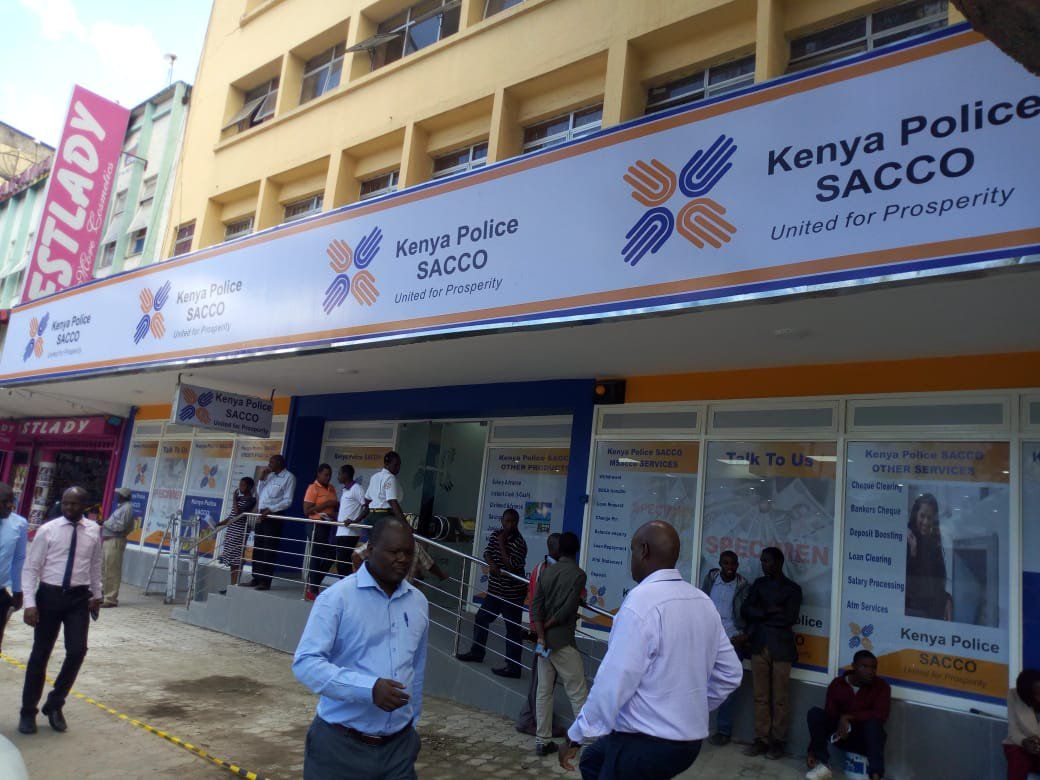
The savings of hundreds of thousands of Kenyans are in the hands of small workers' cooperatives which, although they have real bank-like systems, are doing their best to serve their interests better than any public or private entity.
We are talking about the so-called SACCOs, acronym of "Savings and Credit Cooperative Organization", in practice the initial idea of the Italian Credit Cooperatives, which little by little, however, have lost the character of exclusivity that distinguished their activity.
The SACCOs were born as associations of citizens with similar interests who came together to form a credit union. After registering with the Ministry of Cooperatives, which in turn authorises SACCO to receive deposits and provide loans to its members, the members become shareholders and select their own board of directors.
This is how the teachers' SACCO (Mwalimu Sacco), the matatu SACCO and others were born, with only members working in that sector. There is the SACCO of the police, the SACCO of employees of electricity companies, the Afya Sacco of health workers. There is the one for priests, mothers, restaurateurs, UN employees and accountants.
Lately, there have also been others where anyone can access them and which are already more like credit institutions, while maintaining their social footprint.
SACCOs initially emerged as a solution for small savers who, for minimal transactions, found hostility and disinterest, as well as lengthy bureaucratic processes, in traditional Kenyan banks.
Gradually, they have become more and more popular, especially because of their accessibility to loans, which is far better than that of normal banks, and especially because of the interest that can be earned in the short term for those with short-term goals.
SACCOs accumulate savings and provide loans, usually investing in financial securities or real estate. Members have no expenses related to savings, pay high interest even in the short term, and renew loans up to 3 times (by guarantee of other members).
The moral value of these cooperatives derives from the fact that they encourage especially young workers to save, rewarding those who do so consistently. For this category of people, the investment is much safer. Since they were born as cooperatives, the logic of development and growth is a founding value. Some SACCOs, for example, have invested transparently in the purchase of land, dividing possible profits among the members from the outset.
Another aspect that makes them safer than a Kenyan bank is that the responsibilities of the SACCO member-shareholders are limited to the capital they have contributed, and which they continue to inject through a minimum monthly contribution to be paid every month, without any additional bank charges. In this way, if the society fails, the original personal property of each member is saved.
SACCOs have subsidised loan programmes for school fees, health emergencies and more.
The interest rates charged by SACCOs are usually not subject to change. In fact, most SACCOs lend at rates between 10 and 12% per annum, which is below anything that banks charged even when base rates were at their lowest.
In this year of pandemic crisis, SACCOs have been a lifeline for many workers and families, and it is no coincidence that, whenever possible, many foreign residents have also diversified their investments, opting to pour their smaller ones into Kenyan cooperatives.
ECONOMIC
by redazione
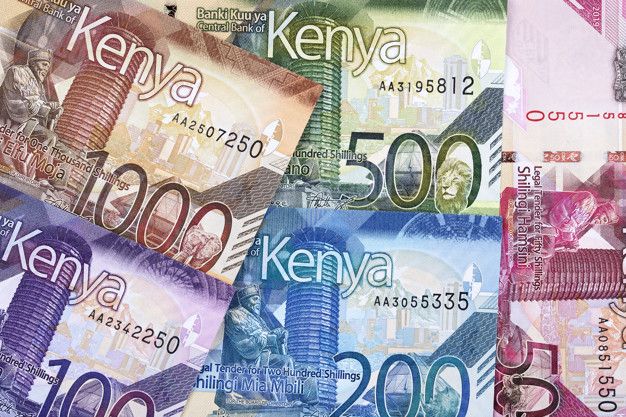
Five million Kenyans are unable to pay their debts to the banks or credit institutions they...

China's harsh stop to Kenya's lending.
The government in...
NEWS
by Freddie del Curatolo
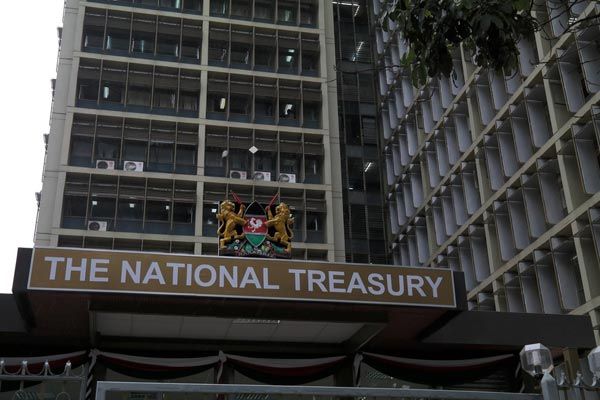
The economic crisis in Kenya seems to have no end or anchors of...

The difficult period for the Kenyan economy may have reached its climax and now begin its downward...
ECONOMY
by Freddie del Curatolo
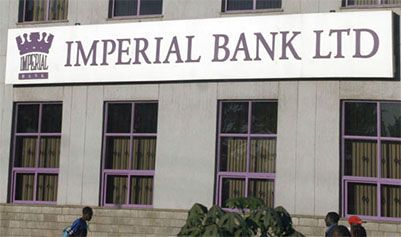
A year ago 57,000 savers of Kenya, including nearly two thousand Italians, Malindi, Watamu, Mombasa, Diani and Nairobi, were holding their breath to await news of the possible reopening of the Imperial Bank Kenya, whose shutters were down on 14 October.
ECONOMIC
by redazione

"Don't lend Kenya any more money!"
The heartfelt and seemingly...
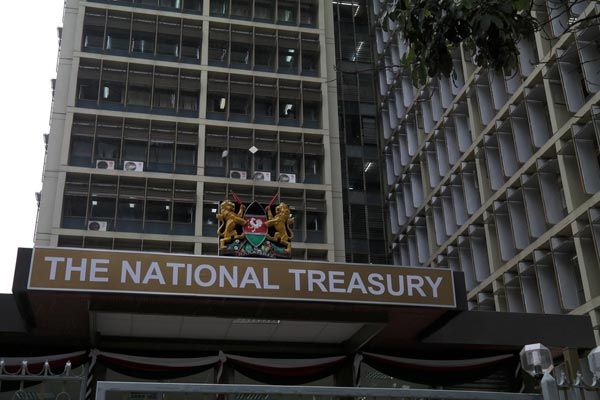
Kenya's Treasury CS Ukur Yattani unveiled yesterday afternoon the country's new fiscal year
ECONOMY
by redazione
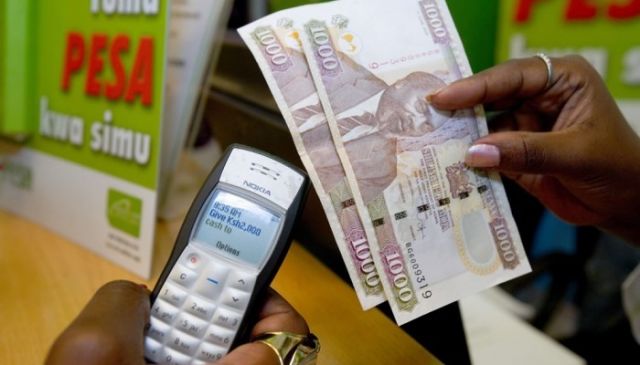
Mpesa and other payment services linked to the use of mobile telephony are up sharply in 2017 compared with the previous year.
According to data provided by the Kenyan Communications Authority, money sent by mobile phones and money to pay...
NEWS
by redazione

Kenya is on the podium of world generosity.
Kenyan citizens are supportive of each other, they spend a lot of time assisting people in need and are generally prepared to help.
The World Giving Index 2017, the annual report that...

POLITICS
by Freddie del Curatolo

His name is George Wajackoyah and he is one of the four candidates for Kenya's presidency in the upcoming...
ECONOMICS
by Freddie del Curatolo
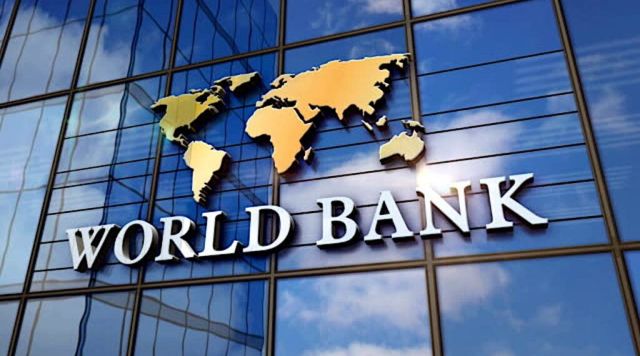
Two international loans, one from the World Bank and another from the International Monetary...